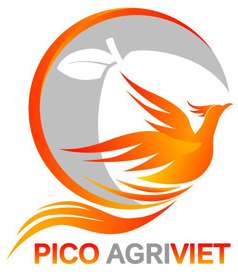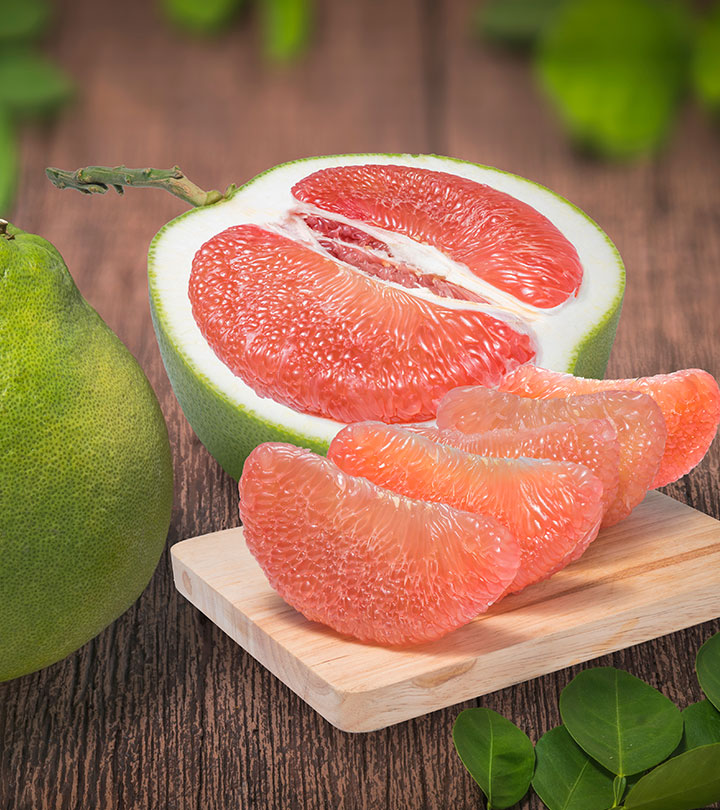Pico Agriviet Company
CHINA’S BAN ON CITRUS FRUIT IMPORTS FROM TAIWAN RAISES CONCERNS AMONG PRODUCERS
Pomelos are grown in pockets across Taiwan, with major production regions in Tainan, Hualian, and the Yunlin and Yilan regions. Their agro-climatic conditions and nutrient-rich soil provide the perfect environment for growing the juicy citrus fruit. The fruit is ready for harvest by the first or second week of August, right in time for the Mid-Autumn Festival celebrations across different Asian countries. The festival is also called the Moon Festival or Mooncake Festival, during which the demand for pomelo shoots up as people seek to gift or serve the fruit as a traditional delicacy. Pomelo farmers in Taiwan remained unwary of China’s arbitrary ban as they prepared for high pomelo sales. In this particular round of import restrictions on Taiwan’s agricultural products, China targeted two types of fish and citrus fruits, which included pomelo.
According to Shelly Chen, Tridge’s Global Distribution Senior Manager in Taiwan, Taiwan’s pomelo harvest season is estimated to start around August 10th, 2022. With China announcing the recent ban on citrus products from Taiwan right before the start of the festivities, however, pomelo farmers have been left unprepared . According to the Agriculture and Food Agency, China and Hong Kong accounted for 95% of Taiwan’s pomelo exports in 2021. Producers are looking for buyers in alternative destinations like Canada, Singapore, and Japan to prevent a price drop during the season. However, these countries hardly accounted for 2%, 1.4%, and 0.6% of Taiwan’s pomelo export volumes in 2021. The estimates show that 5 thousand tonnes of freshly harvested pomelos might go to waste due to this sudden ban. In addition to this, citrus fruits like ponkan, murcott, lemon, and grapefruit will also be severely impacted by the ban.
Taiwan’s Pomelo Exports

Source: ITC Trademap. HS Code: 080540.
Overall, citrus fruit producers, particularly pomelo producers, are concerned about the upcoming months and a drastic price drop for the fruits due to excess supply. They are anticipating that the authorities will take measures to help pomelo farmers sell their produce across different markets. Apart from expanding overseas distribution channels, the Taiwanese government can find opportunities in setting up processing facilities for citrus fruits which can produce value-added juices, jams, and concentrates. This would generate demand for the product, mitigate any sharp price drops, and increase the fruit’s economic value through value addition.
Written by

